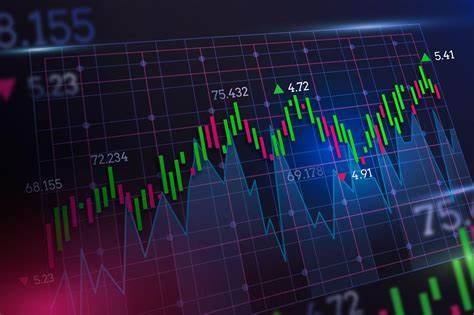The history of Forex, or the foreign exchange market, is deeply rooted in the evolution of global trade and economic systems. It dates back to ancient times when merchants first began exchanging currencies to facilitate trade between different regions. In those early days, currency exchange was rudimentary, often involving barter systems and the use of coins made from precious metals like gold and silver.
The modern concept of Forex began to take shape with the establishment of the gold standard in the 19th century. Under this system, currencies were linked to a specific amount of gold, which provided a stable framework for international trade. However, the gold standard began to crumble during World War I, as countries suspended it to print more money to fund their war efforts. The system was briefly revived in the interwar period but eventually collapsed for good during the Great Depression.
After World War II, the Bretton Woods Agreement was introduced in 1944 to bring order to the global financial system. This agreement established fixed exchange rates, with the US dollar pegged to gold and other currencies pegged to the dollar. This system worked for a while but came under pressure in the late 1960s due to economic imbalances and excessive dollar printing. In 1971, President Richard Nixon officially ended the dollar’s convertibility into gold, leading to the collapse of the Bretton Woods system.
This marked the beginning of the free-floating currency system we know today. Currencies began to fluctuate according to market forces, and the modern Forex market emerged. In the following decades, technological advancements, particularly the rise of computers and the internet, transformed Forex into a highly liquid and accessible global market. Financial institutions, corporations, governments, and individual traders all participate in the market, exchanging trillions of dollars every day.
Today, Forex is the largest and most liquid financial market in the world. It plays a vital role in the global economy, allowing for the exchange of currencies and facilitating international trade and investment. The evolution of Forex reflects not only financial innovation but also the complex interplay of economic policies, geopolitical events, and technological progress over centuries.



No comments yet
Be the first to share your thoughts!